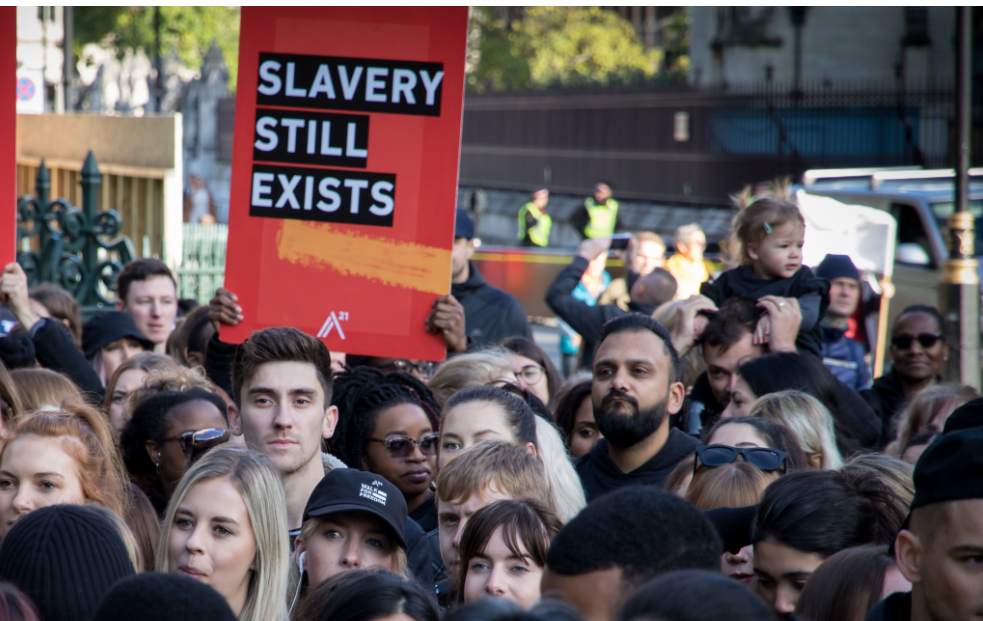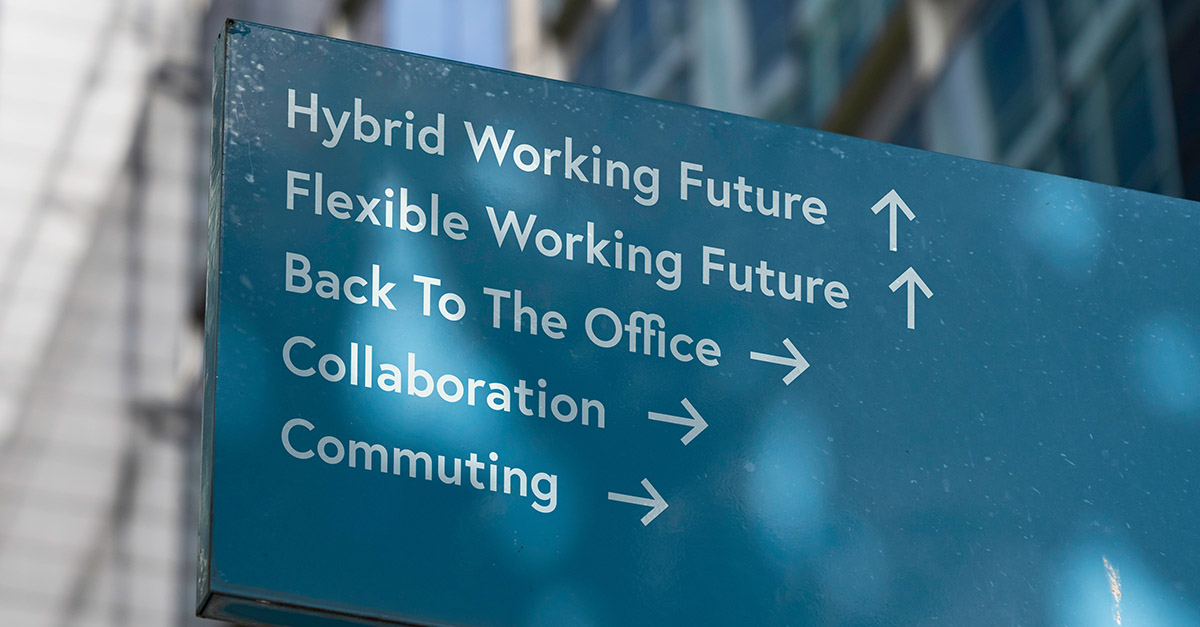International Recruitment: Modern Slavery and the Care Sector

Modern slavery is a serious concern in all areas of the UK economy with the law placing active duties on employers to take steps to ensure that no element of the practice is present in their operations or their supply lines.
Despite this, modern slavery continues to pervade the labour market particularly within international recruitment, either through wilfully illegal practices or confusion over what the precise legal obligations are. With the rapid changes in business immigration law of recent years and the capacity of the Home Office being stretched to breaking point, it is not difficult to see how such breaches can inadvertently occur.
The state of modern slavery in Britain
Unseen UK, one of the UK’s leading modern slavery charities, have recent published their annual report on the state of modern slavery in Britain, drawing on data collected in 2022. Last year was the organisation’s busiest year in terms of helpline referrals since its inception in 2015, with 6,516 potential victims reported from 99 different nationalities. Labour exploitation was by far the most common form of modern slavery, more than sexual exploitation, domestic servitude and criminal exploitation combined.
The report also shows that sadly, the care sector is not immune from instances of modern slavery with the combination of a traditionally high turnover of staff and low pay enabling the conditions for exploitation. Between 2021-2022 Unseen saw a massive 606% increase of cases in the care sector with a 1,024% increase in potential victims referred though their helpline service. Almost all victims and potential victims are non-UK nationals many brought in through purportedly legitimate international recruitment channels, with the most prominent nationalities being Indian, Zimbabwean and Nigerian; most are in the 20-29 age bracket.
How can employers in the care sector protect themselves against these practices?
The clear question posed by these findings is how can employers in the care sector protect themselves against these practices creeping in? Given the high prevalence of foreign labour amongst both UK care staff and victims of modern slavery, rigorous right to work checks before the first day of employment is an obvious way of ensuring that trafficked individuals without legal permission to work are not being passed off by third parties such as bogus recruiters or agencies as legal migrants entering the workplace by their own free will. Receiving an offer by a third-party employer of a ‘sponsored’ employee with purported right to work on a temporary, contractual basis will be a clear red flag.
Even when the workers are, on the face of it, legitimately sponsored as skilled workers, the risks of modern slavery are not entirely negated. The Home Office have recently highlighted issues relating to employees being tied to their employment through debt – commonly by way of the requirement to repay expenses associated with their sponsorship if they decide to leave their employer. Whilst there are instances where certain costs can be recuperated in this way – especially if time limited – this is something that the Home Office has indicated will be scrutinised during compliance visits to licenced employers.
Occasionally, employers – through a combination of economic and logistical pressures – may be tempted to cut corners in regard to their recruitment practices by, for example, turning a blind eye to right to work inconsistencies or using evasive and somewhat unofficial third parties such as agencies or other care organisations. The civil penalty for inadvertently employing an illegal worker is £20,000 per worker; the criminal sanction for wilfully employing an illegal worker is an unlimited fine and/or 5 years in prison. Should an employer be found to breach modern slavery laws, claiming ignorance will be no defence; the maximum sentence on indictment is 10 years in prison.
If an employer is concerned about the possibility that their organisation’s structure may make it possible that modern slavery can occur, seeking legal advice on safeguarding their systems would be a prudent way forward, as would adherence to the government’s code of practice on the recruitment of health and social care personnel.







